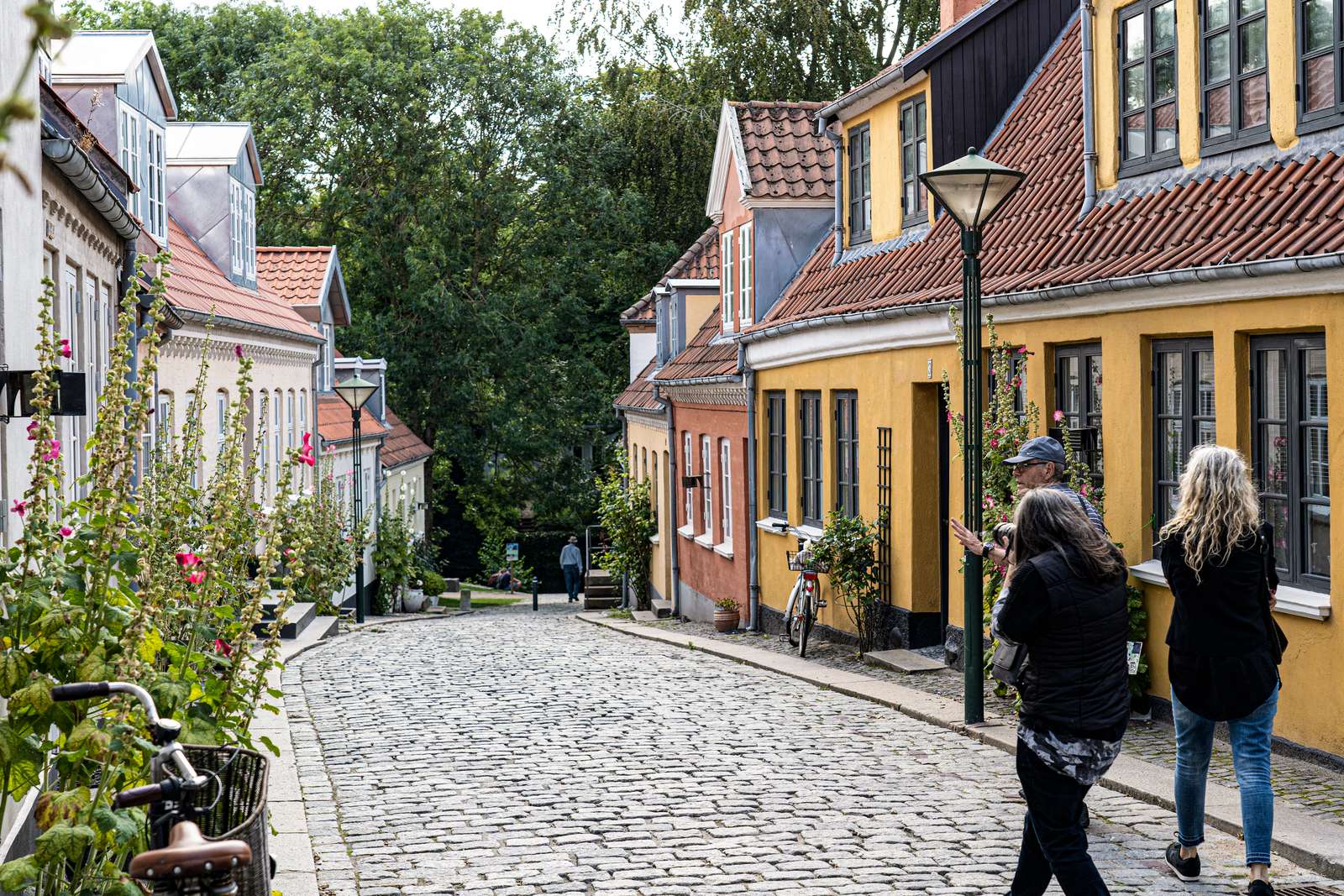Health data “not really anonymous”
Doctors are warning that patient health data the government hopes to sell to the medical industry may not be as anonymous as officials say. The government hopes to earn the state money by doing so, but doctors, with the backing computer security specialists, say if companies try hard enough they will be to find the individuals the data stem from. “If you know a person was 192cm, what town he lived in and what they were treated for, you’d probably have enough information to identify the person,” said Niels Elgaard Larsen, of computer policy group IT-Politisk Forening. – Jyllands-Posten
Bank “underestimating risks”
The nation’s largest bank may not be as rock-solid as it wants everyone to believe. Danske Bank, according to three university professors, has underestimated the risk of some of its loans. Their claim comes after a similar finding by financial watchdog FSA was challenged by the bank. The allegation was based on data showing that in 1996 that 70 percent of Danske Bank’s investments were risky enough for the bank to be required to adjust their cash reserve as a result, yet currently the level is 23 percent, a figure that is well below the average for 15 foreign banks. – Erhverv & Økonomi
Entrepreneurs exporting themselves
Denmark’s entrepreneurs are increasingly looking abroad when it comes time to launch their ideas. Business interest groups and government agencies all confirm the trend, and said it could impact exports and job growth. Erhvervsstyrelsen, the national business administration, expressed concern that businesspeople were emigrating, but said in many cases the individuals returned to Denmark as experienced entrepreneurs or with money to invest. – Berlingske Businesss
Longer prison sentences
Tougher sentencing options have led to a 61 percent increase in the amount of prison time served over the past 11 years. In the first seven months of the year nearly 80,000 months were spent behind bars. In 2007, sentences for a number of violent crimes were extended, and while that has resulted in longer jail times, opponents say it is no sign of success. "Some falsely believe that tougher sentences results in lowwer crime rates, but that's not always the case," said Linda Nielsen, a law professor at the University of Copenhagen. She called for more emphasis on crime prevention than on punisment. – Politiken
Low inflation spurring consumption
The current low inflation rate of 0.9 percent has resulted in real wage increases of about 7bn kroner, according to calculations by mortgage lender Nykredit. The 1.8 percent increase is the highest in four years and pushes wages back up to 2009 levels. Retailers say that extra money is already starting to flow into their tills and expect that if growth continues apace their sales could surpass pre-recession levels before long. Consumers spend about 900 billion kroner each year, and account for half of the country’s economic activity. – Børsen













